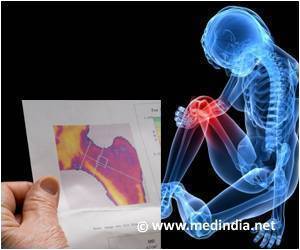Researchers at McMaster University say that the speed of surgery after a hip fracture may have a significant impact on outcomes for older patients, and faster may be better.

For seniors, hip fractures can cause serious complications that may result in death or admission to long-term care facilities for some people who previously lived at home. Hip fractures cause pain, bleeding and immobility and activate patient's coagulation and stress systems which can lead to medical complications in people awaiting surgery.
In many countries, including Canada, waits for hip surgery can be 24 hours or longer, mainly because of pre-surgery clearance procedures and lack of operating rooms. However, during the scientific study of 60 people aged 45 years or older in Canada and India, half received accelerated surgery within six hours and half had standard care of surgery 24 hours after diagnosis with a hip fracture.
Among patients receiving standard care, 47% suffered a major complication of death, heart attack, stroke, pneumonia, blood clot or major bleeding event. However, only 30% of the patients in the accelerated surgery group suffered one of these complications.
"We believe that the shortest time possible to treatment may provide the greatest potential for benefit, as is the case in acute heart attack and stroke," said Dr. P.J. Devereaux, an associate professor of medicine and epidemiology at the Michael G. DeGroote School of Medicine at McMaster and co-principal investigator of the pilot trial.
Dr. Mohit Bhandari, a professor of surgery of the McMaster medical school and co-principal investigator, added: "This pilot provides encouraging evidence that accelerated surgery may substantially improve outcomes in these patients."
Advertisement











